Global education outcomes are extraordinarily increasing and the Brookings Institute Report on scaling up education in developing countries (2016), shows that 9 out of 10 children at primary school going age today are in school compared to 5 out of 10 in the last 50 years. Although the global trends are improving, there is a wide gap of 100 years between developing and developed countries.
Despite the tremendous progress in enrolment, research estimates show that 1 out of 3 of children in the world lack basic reading and mathematical skills. A case study in rural India in year 2014 indicated that more than half of the 15th graders could not read a 2nd grade text and only 26% were able to do basic division. In Kenya, Uganda and Tanzania 1 out of 3 of 3rd graders are at or slightly below second grade level numeracy skills.
The following statistics put forward by Education For All Global Monitoring Report (2013-2014), gives some insights about the challenges faced by the education sector in the world:
- 400 million children complete 4 years of school and learn the basics
- 130 million children complete 4 years of school without learning the basics
- 120 million children, do not complete 4 years of school
The diagram below shows projections made by Wittgenstein Centre for Demography and Human Capital.

The projections show that, five years past the SDG targets in 2035, only 63% of the world’s 20-24 year olds will have completed upper secondary school. In Africa, 39% of the youths will have completed upper secondary school by year 2035. This is against the SDG target of 100% achievement by 2030. The most affected children are those in marginalised areas or disadvantaged situations. For example, in Nigeria 71% of the poorest children are out of school as compared to 20% of those who are from richest families and 40% of the rural children are out of school as compared to 95 in urban.
One of the thematic issues within the HLF, BHAG vision 2020 is access to education which is a critical approach towards narrowing down the 100 year gap between the developed and developing countries. The approach is driven by HLF’s participation in enhancing pedagogy through design, delivery and creating an enabling environment for the improved education outcomes. To this end numerous collaborative interventions are critical in pursing the agenda for access to quality education and lifelong learning for all by 2030.


